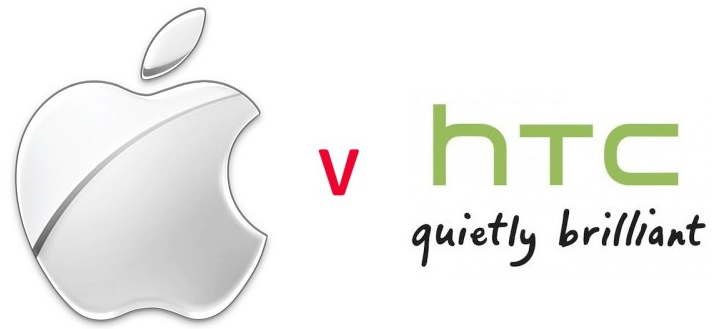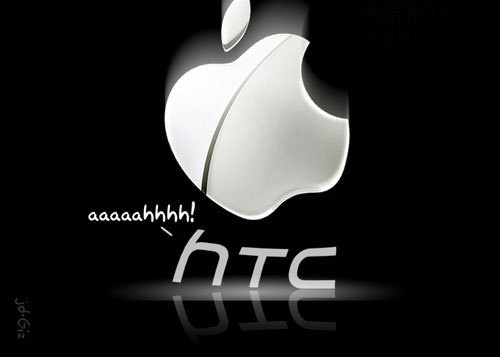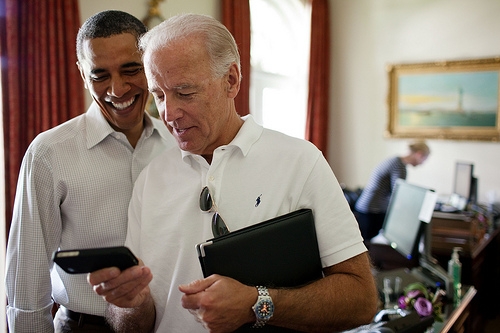The United States International Trade Commission announced today (via TNW) that it would launch an investigation of Apple devices, including iPhones, iPods, iPads and Macs, following a complaint filed by Motorola last month that sought an import ban related to seven patents. The release from the ITC does not provide many details and only stated it will investigate “certain wireless communication devices, portable music and data processing devices, computers, and components thereof” from Apple.
USITC INSTITUTES SECTION 337 INVESTIGATION ON CERTAIN WIRELESS COMMUNICATION DEVICES, PORTABLE MUSIC AND DATA PROCESSING DEVICES, COMPUTERS, AND COMPONENTS THEREOF
The U.S. International Trade Commission (USITC) has voted to institute an investigation of certain wireless communication devices, portable music and data processing devices, computers, and components thereof. The products at issue in this investigation are certain Apple iPhones, iPods, iPads, and Apple personal computers.
The investigation is based on a complaint filed by Motorola Mobility LLC of Libertyville, IL, Motorola Mobility Ireland of Bermuda, and Motorola Mobility International Limited of Bermuda, on August 17, 2012. The complaint alleges violations of section 337 of the Tariff Act of 1930 in the importation into the United States and sale of certain wireless communication devices, portable music and data processing devices, computers, and components thereof that infringe patents asserted by the complainants. The complainants request that the USITC issue an exclusion order and a cease and desist order.
The USITC has identified Apple Inc. of Cupertino, CA, as the respondent in this investigation.
By instituting this investigation (337-TA-856), the USITC has not yet made any decision on the merits of the case. The USITC’s Chief Administrative Law Judge will assign the case to one of the USITC’s six administrative law judges (ALJ), who will schedule and hold an evidentiary hearing. The ALJ will make an initial determination as to whether there is a violation of section 337; that initial determination is subject to review by the Commission.
The USITC will make a final determination in the investigation at the earliest practicable time. Within 45 days after institution of the investigation, the USITC will set a target date for completing the investigation. USITC remedial orders in section 337 cases are effective when issued and become final 60 days after issuance unless disapproved for policy reasons by the U.S. Trade Representative within that 60-day period.
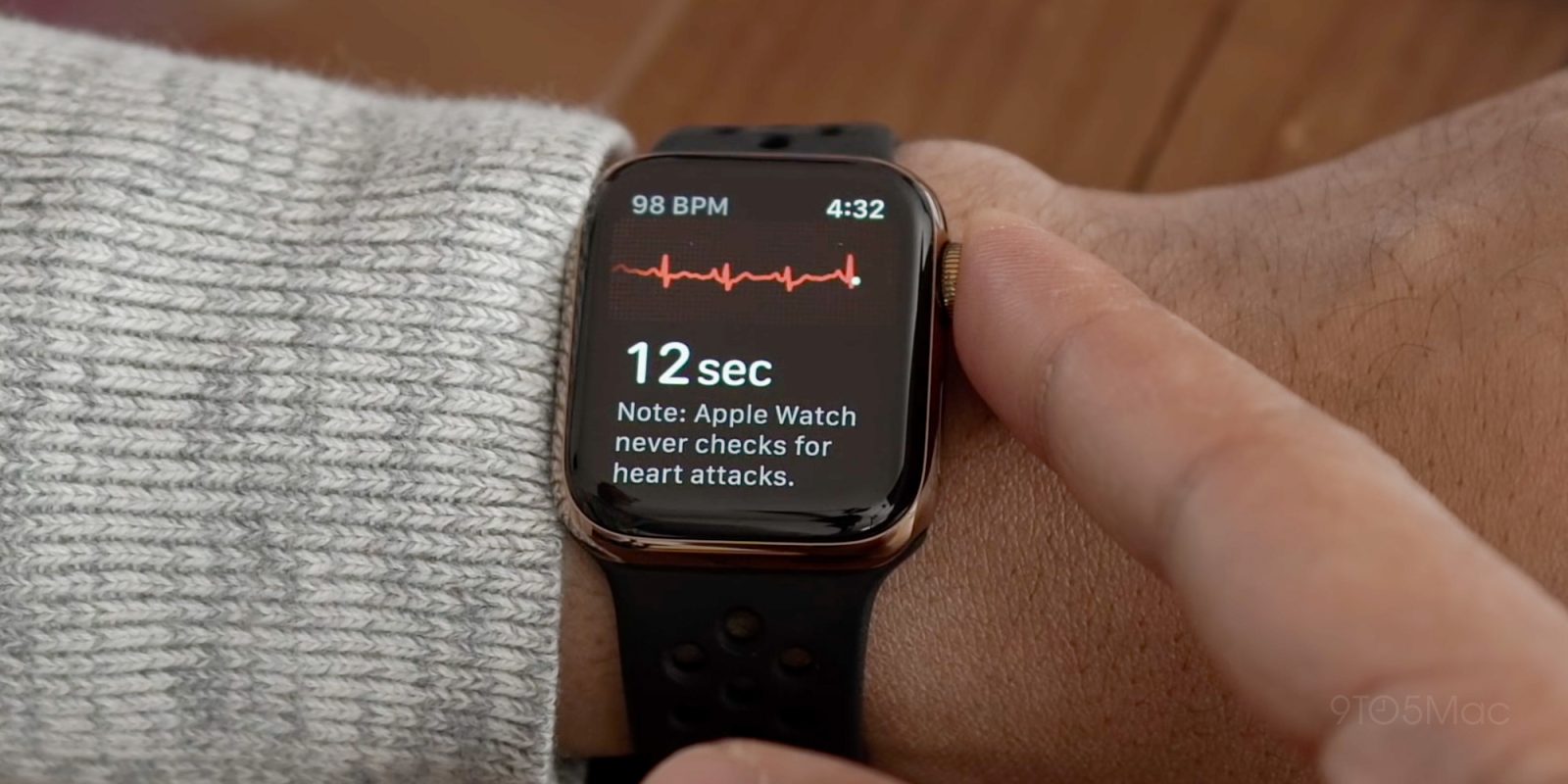

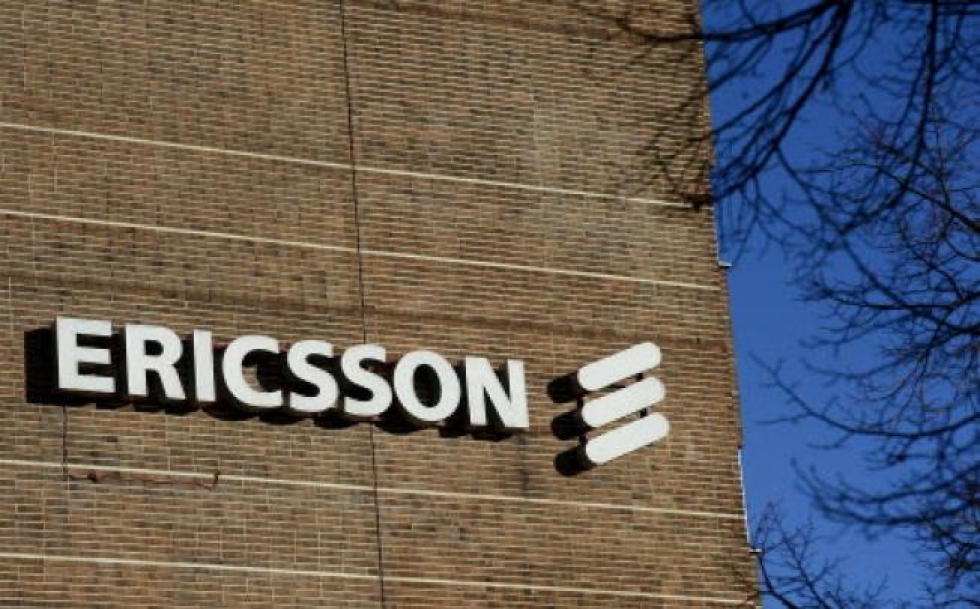
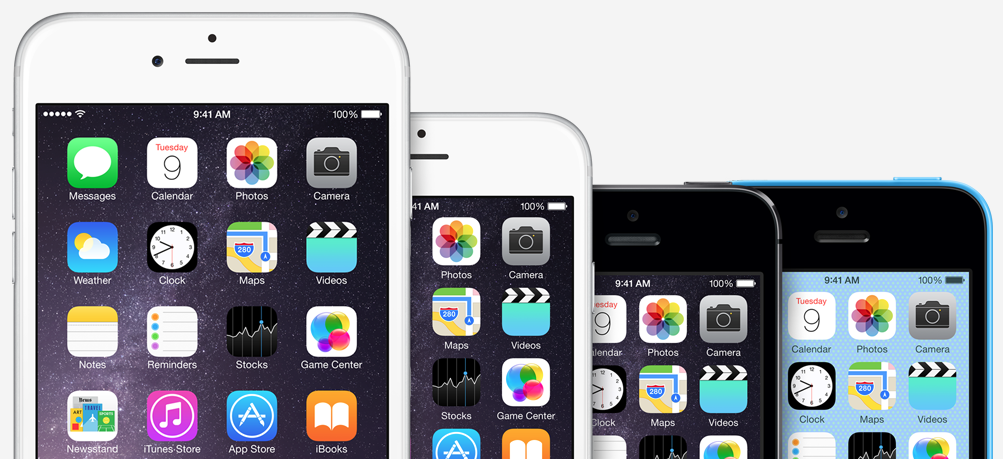
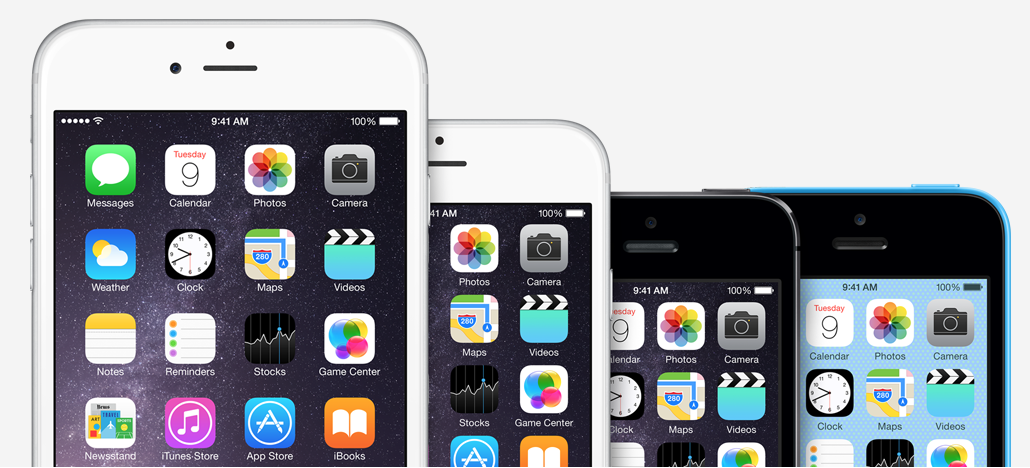
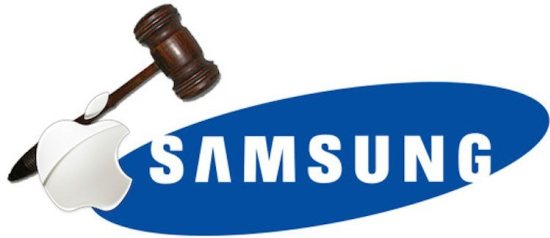
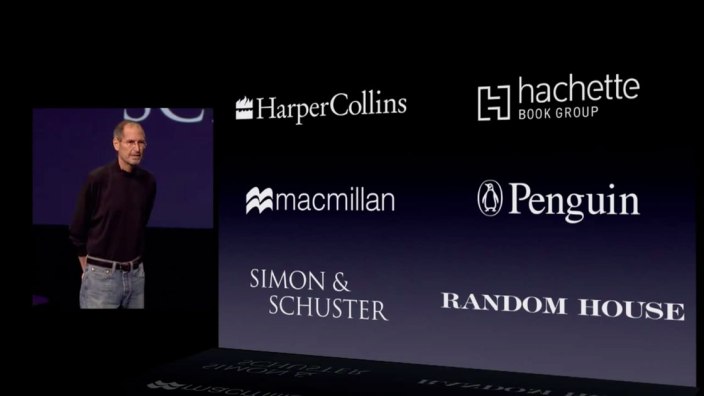
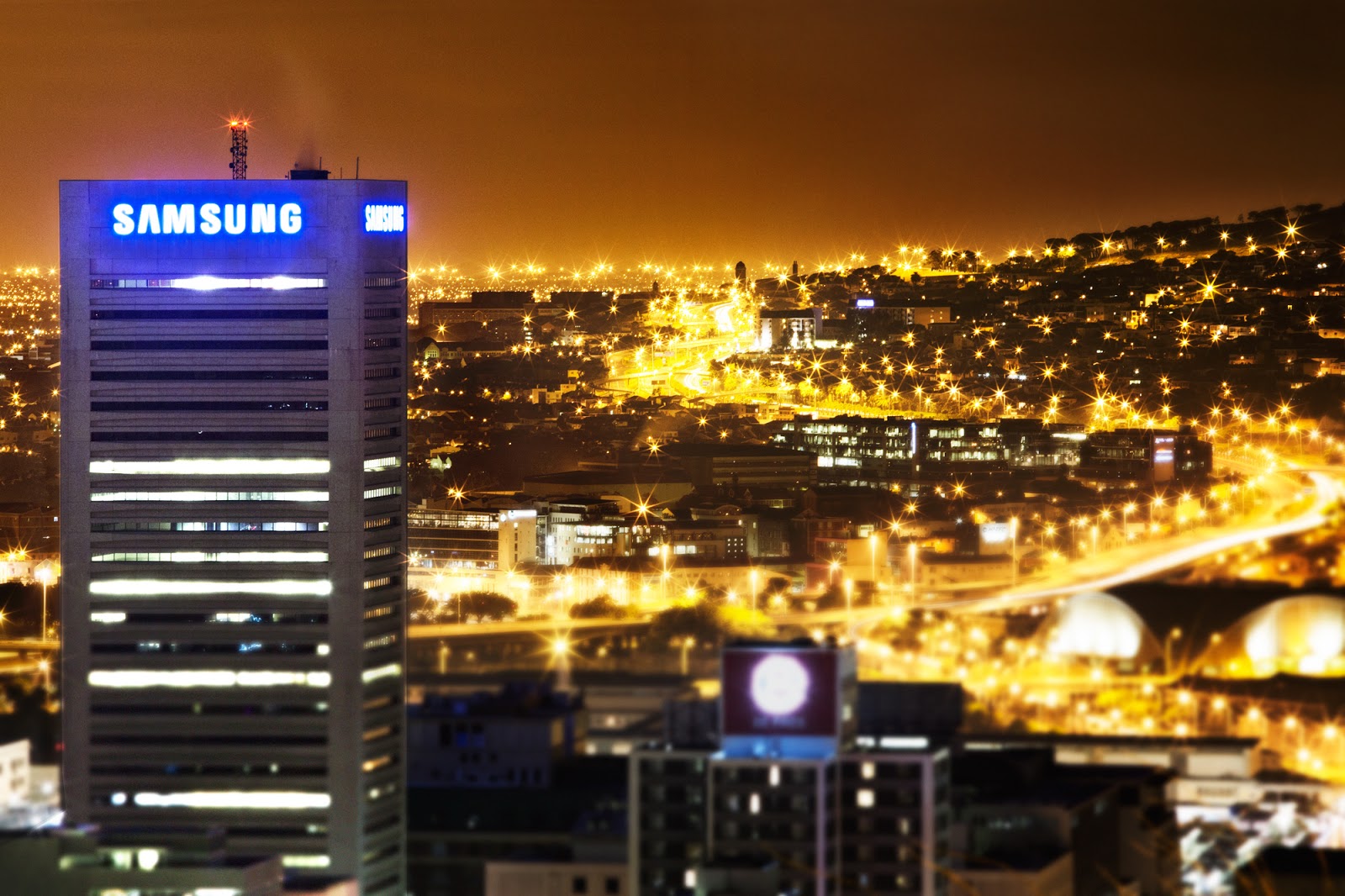
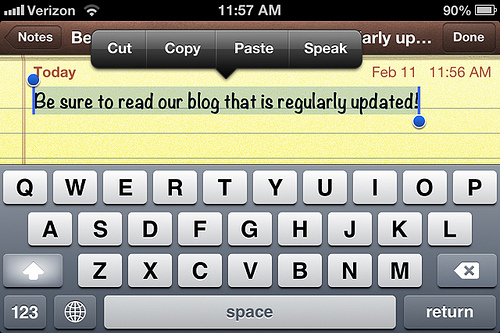 Back in April we noted that the International Trade Commission
Back in April we noted that the International Trade Commission 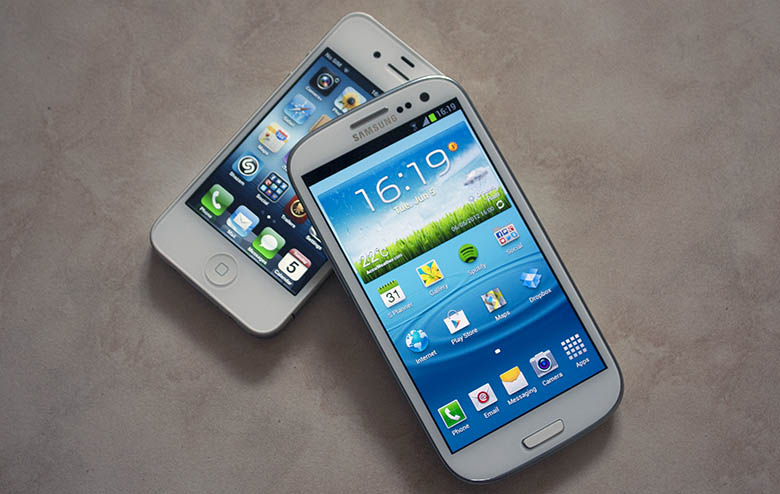
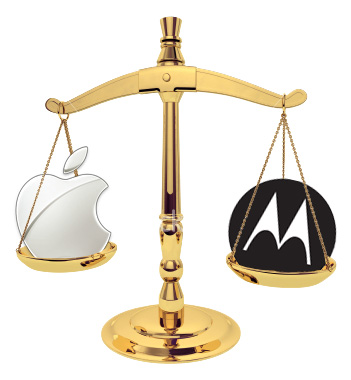 Following the
Following the 